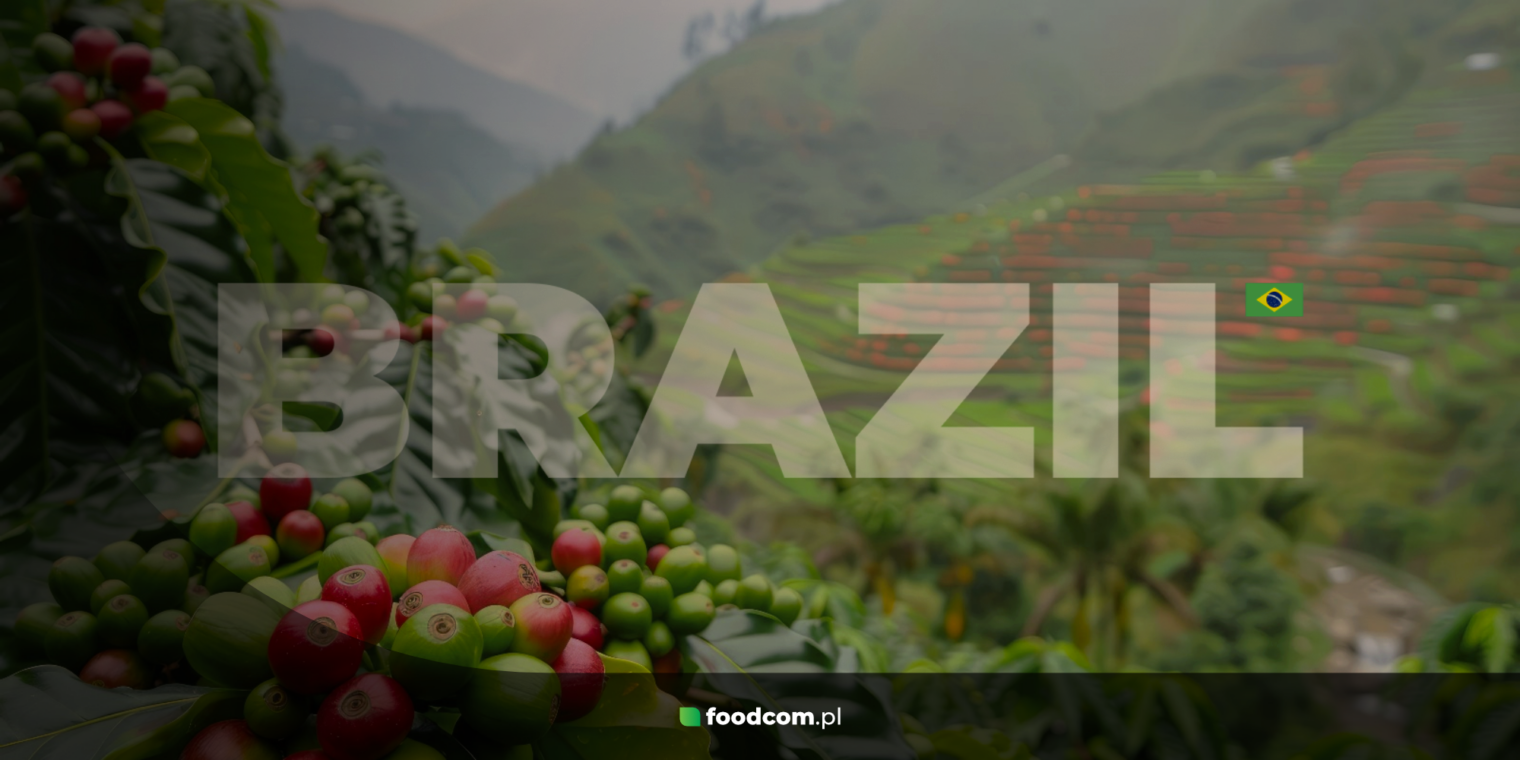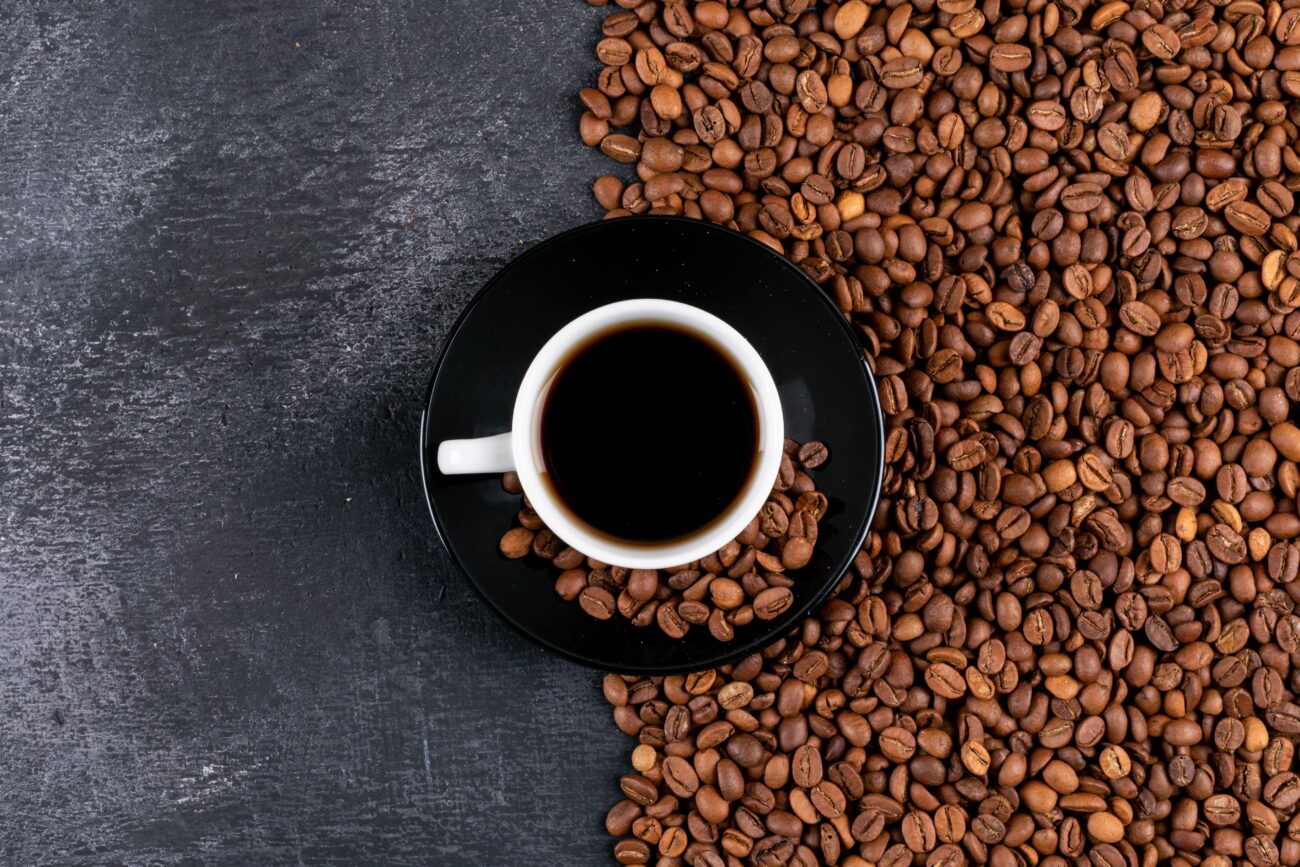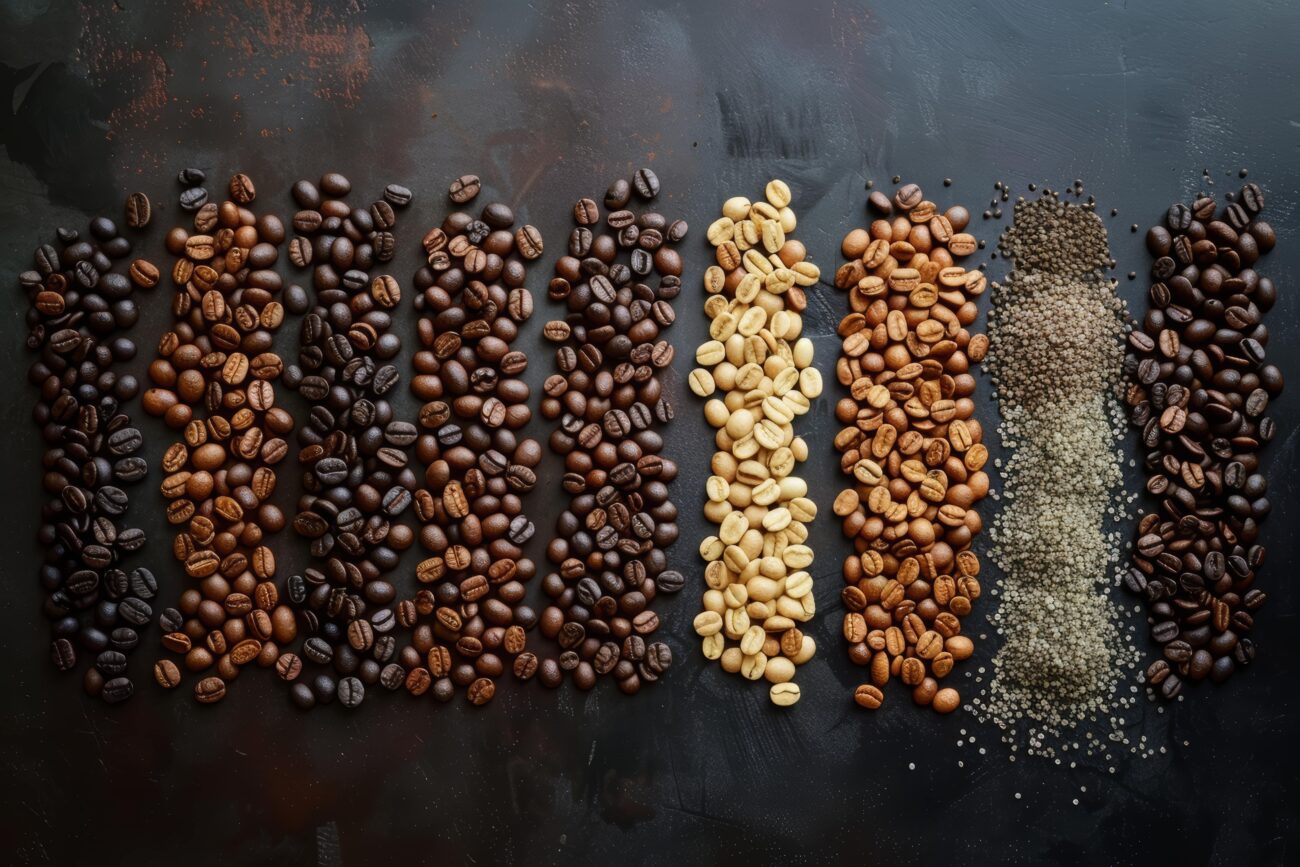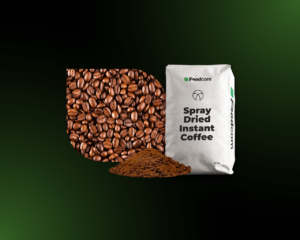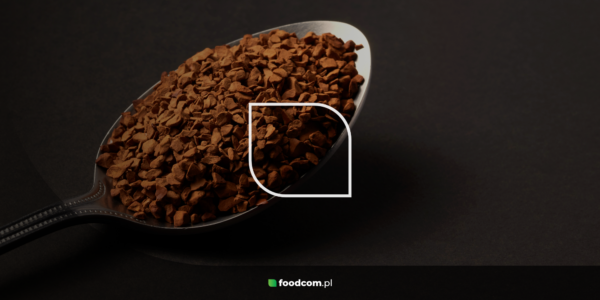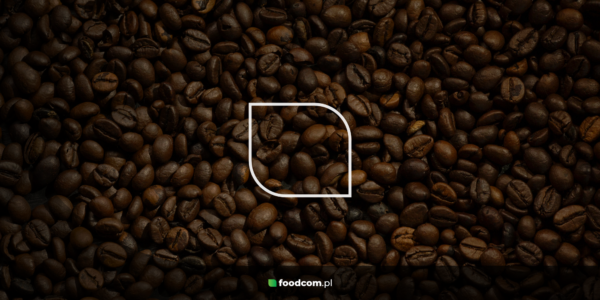- Brazil is a country that has excellent geographical and climatic conditions for growing coffee.
- For 150 years, Brazil has been the world’s leading coffee producer.
- Brazilian coffee is both robusta and arabica. The latter is among the more expensive coffees, which are grown in mountainous areas.
- Brazil is dominated by the natural processing of coffee giving it a sweet taste and low acidity.
- Coffee comes from different regions in Brazil, which determine the flavour profile of the variety.
Brazilian coffee is one of the world’s most prized beverages. Brazil is the world’s leading coffee producer, supplying around 35% of global production. Genuine Brazilian coffee has become renowned for its variety of flavours and high quality, making it a favourite among connoisseurs. Let’s take a look at the wide range of flavours and varieties offered by Brazilian coffee farms.
Original Brazilian coffee – a historical overview
Brazil is a country with excellent geographical and climatic conditions for growing coffee. Brazilian coffee beans are furthermore renowned for their careful cultivation and attention to every stage of production.
Coffee is estimated to have arrived in Brazil in the 18th century, with coffee initially consumed mainly locally by European colonists. Over time, coffee exports to Europe and the United States began to grow, making Brazil the world’s leading coffee producer by the beginning of the next century, with 30% of the beans coming from the country. Brazil has now been the world’s largest producer of the commodity for 150 years.
What flavour is Brazilian coffee?
Brazil is a country with a diverse terrain and climate and, as a result, coffee with a variety of flavours comes from within the country. There is both commercial Brazilian coffee, often sold as coffee powder, and speciality Brazilian coffee beans. Robusta grows in the lower areas and arabica, the best Brazilian coffee, in the plantations above.
The richness of the climate of Brazil’s different regions also makes it possible to distinguish between different varieties of coffee, which vary greatly in taste. Brazilian coffee is dry-processed, which means we find a lot of sweetness in the beans. The most popular coffees are those with sweet notes, low acidity and a nutty or chocolatey aftertaste, but there are also lighter coffees with medium strength, delicate acidity and a complex flavour profile that includes flavours of lime, orange, flowers, spice or wine.
Types of Brazilian coffee
The type and flavour of Brazilian coffee depends on the region in which it is grown. For high quality beans, it is particularly important that the coffee is grown in the Santos area and on plantations located at altitudes between 600 and 1,200 metres above sea level in various areas of the country. Brazilian coffee is processed in various ways, of which the natural method, which involves drying the coffee cherry together with the pulp, is one of the most popular. It gives the beans a more intense, sweeter flavour.
Below, we will take a closer look at the taste and characteristics of the most prized Brazilian arabica coffees that have been produced in the country for many years.
Diamond Natural
Diamond is a blend of beans that are sourced from various plantations in the Minas Gerais region located above 1,100 metres above sea level. This variety has gained the appreciation of baristas and espresso connoisseurs around the world. It is characterised by an excellent repeatability of flavour profile from year to year.
The coffee has a rich, intense, chocolate and nutty flavour, with notes of cocoa and red fruits such as cherries or berries. At the same time, it has moderate acidity It is perfectly balanced, good for coffee blends and for espresso brewing, as well as for coffees with milk.
Cerrado Natural
Cerrado coffee comes from the region of the same name, located in the centre of the country. The plantations in this area of Brazil are located at altitudes of 1050-1100 m above sea level. The coffee is grown on volcanic soil – in the crater of the dormant Chapadão de Ferro volcano. The mineral-rich soil and balanced climate favour the cultivation of coffee.
The beans have an intense aroma and a delicately sweet flavour with notes of dark chocolate, caramel and sugar cane and a subtle citrus acidity with a touch of orange. This delicate coffee is excellent for espresso brewing, but is also sometimes used in coffee blends.
Mantiqueira Mountains Natural Yellow Bourbon
Coffee in the Matiqueira Mountains region of Brazil has been produced for more than 100 years. The beans of this origin are among the most appreciated and exclusive. The Mantiqueira de Minas region, from which it originates, is located in the south-east of the country and is characterised by a unique microclimate. Cultivation takes place at an altitude of 1,100-1300 metres above sea level and the most common variety is Yellow Bourbon. Its name comes from the colour of the ripe fruit, which in the case of this coffee plant is yellow rather than red.
Mantiqueira coffee is sweet and balanced, with a fruity and floral flavour with notes of chocolate, honey, flowers, vanilla and exotic fruits such as mango or pineapple. Connoisseurs often brew this coffee using alternative methods, which allow them to discover a variety of flavour notes that change as they drink.
Pink Star Natural
Pink Star coffee is a blend, or blend of beans. This exclusive coffee is grown in the Piatã region of Bahia State, which is one of the highest growing areas in Brazil.
It takes a long time to mature, acquiring a multifaceted, complex flavour – it is sweet, with notes of nuts, chocolate and tobacco, as well as subtle spices and berries in its profile. It has little acidity and its soft, creamy taste means that it will be ideal for both espresso and espresso-based drinks with the addition of milk. It is appreciated by connoisseurs who enjoy sophisticated flavours. Some brew it cold using cold brew or alternative methods.
Brazilian coffee trade – which coffee to choose?
When it comes to Brazilian speciality coffee, it is important to choose those products in which the beans have been specially selected for their quality. Nowadays, ethical coffee production is also very important , so it is worth paying attention to whether the beans come from organic plantations that operate ethically. Many Brazilian farms operate sustainably, taking care of the environment and workers’ rights. It is advisable to choose trusted trading partners that work with such plantations.
Brazilian coffee is synonymous with quality, diversity and tradition. Both robusta ground coffee and high-quality Brazilian arabica bean coffee are held in high regard around the world. With a wide selection of varieties available, there is something for every coffee lover. Regardless of the variety, Brazilian coffee has been providing coffee drinkers with a unique taste experience for years and is part of the country’s long tradition as a world leader in coffee production.

